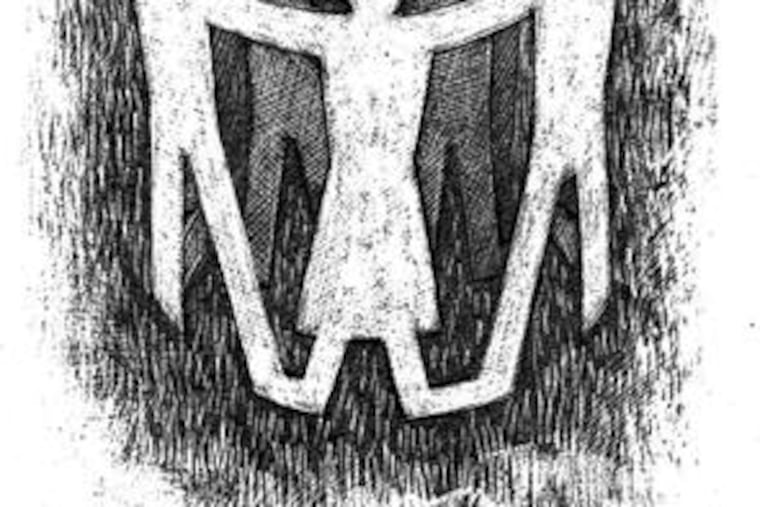Do more to end abuse of children
Recent Pa. cases highlight the problem. Top officials should take note and act.

A spate of disturbing child-abuse cases in Pennsylvania this month highlighted the urgent need for national attention to the systemic problems behind them.
Mia Sardella of Drexel Hill pleaded no contest to a charge of involuntary manslaughter for stashing her newborn son in the trunk of her car. Prosecutors say the baby's grandmother found him three weeks later.
In Stroudsburg, McKinley Warren pleaded guilty to third-degree murder and aggravated assault in the death of his 2-year-old daughter and the abuse of his 3-year-old son.
And Henry Paris III of Upper Darby is accused of beating his 3-month-old son so severely that the child suffered a fractured skull and ribs.
In cities across the country, many children suffer similarly every year. But abused and neglected children don't vote, contribute to political campaigns, or employ lobbyists. They have no voice and no clout.
Often, they have no hope, either.
It is nearly impossible for these children to be heard. Their fears and needs are overshadowed by wars abroad and economic crises at home.
But if Americans fully understood the devastating circumstances abused and neglected children face each day - and the personal and social consequences when these children become adults - they would insist on immediate and profound changes.
President-elect Barack Obama and the new Congress should focus attention on this issue early in the new year by convening a national discussion about policies that will more effectively protect children.
In 2006, nearly a million children were victims of abuse or neglect, according to government statistics. More than 1,500 children died, 78 percent of them under the age of 3 and 44 percent under the age of 1. In addition to the loss of innocent lives, child abuse costs society an estimated $103 billion annually.
The child-protection system is a case study in broken bureaucracy. A 2008 study by First Star, a national child-advocacy organization, found that state confidentiality policies on child fatalities and near-fatalities often protect agencies and perpetrators more than they do children. The study gave Pennsylvania a grade of F.
A separate First Star study found that most states do not provide abused and neglected children with adequate legal representation, leaving their voices muffled while decisions are made about their futures. Pennsylvania got a C on that score.
During his days as a community organizer on the South Side of Chicago, the president-elect must have learned something about the terror abused and neglected children face. Now he and Congress can take steps to shape more-effective federal and state child-welfare policies, including:
Pressing for reauthorization and full funding of the Child Abuse Prevention and Treatment Act (CAPTA), which is pending in Congress.
Initiating special certification programs for those involved in child protection, including judges and attorneys. The National Association of Counsel for Children offers an excellent model.
Launching a Caseworker Education and Training Corps, which would recruit, train and financially support college students in return for a pledge to work in the child-protection field.
Promoting stronger laws at the state level to ensure that abused and neglected children have skilled advocates.
Making information on how abuse and neglect cases are handled by state agencies more accessible to the public and the media, which will improve accountability. The identity of child victims should be protected, but repeated bureaucratic failures shouldn't.
There are promising signs of progress on this issue. Congress recently passed a law designed to keep siblings together in foster care and to provide additional services to young adults who age out of the system - 53 percent of whom are unemployed after a year on their own. Several states also have begun to overhaul their systems.
But we need to go much further. Each day brings a tragic toll in lives lost and futures squandered.